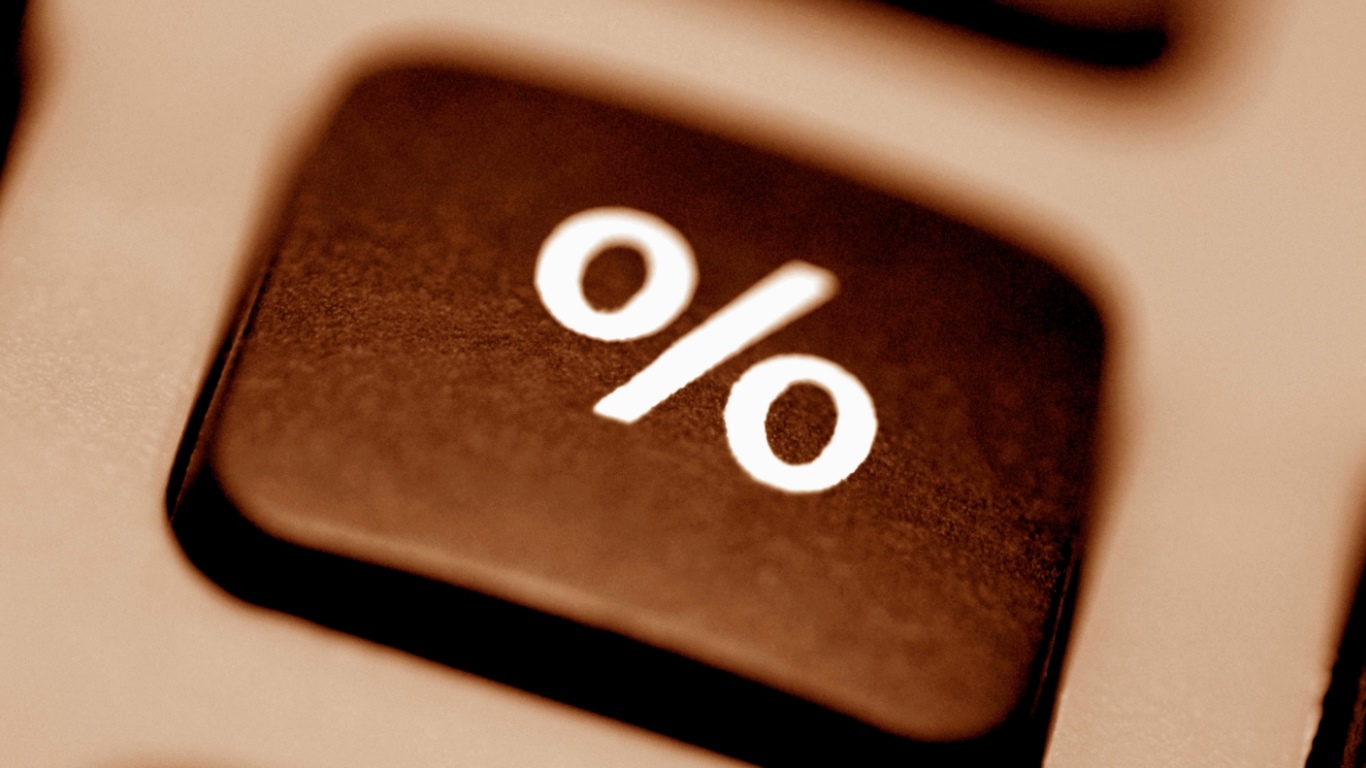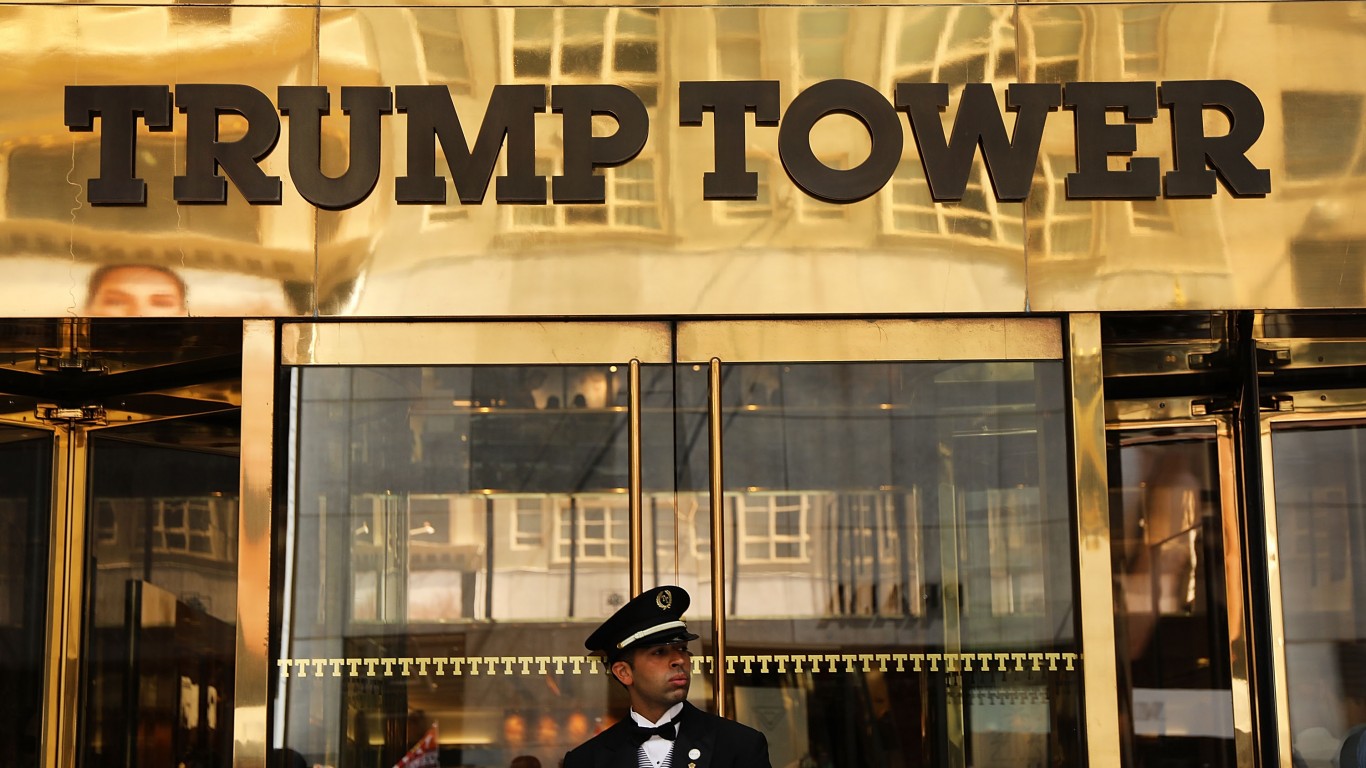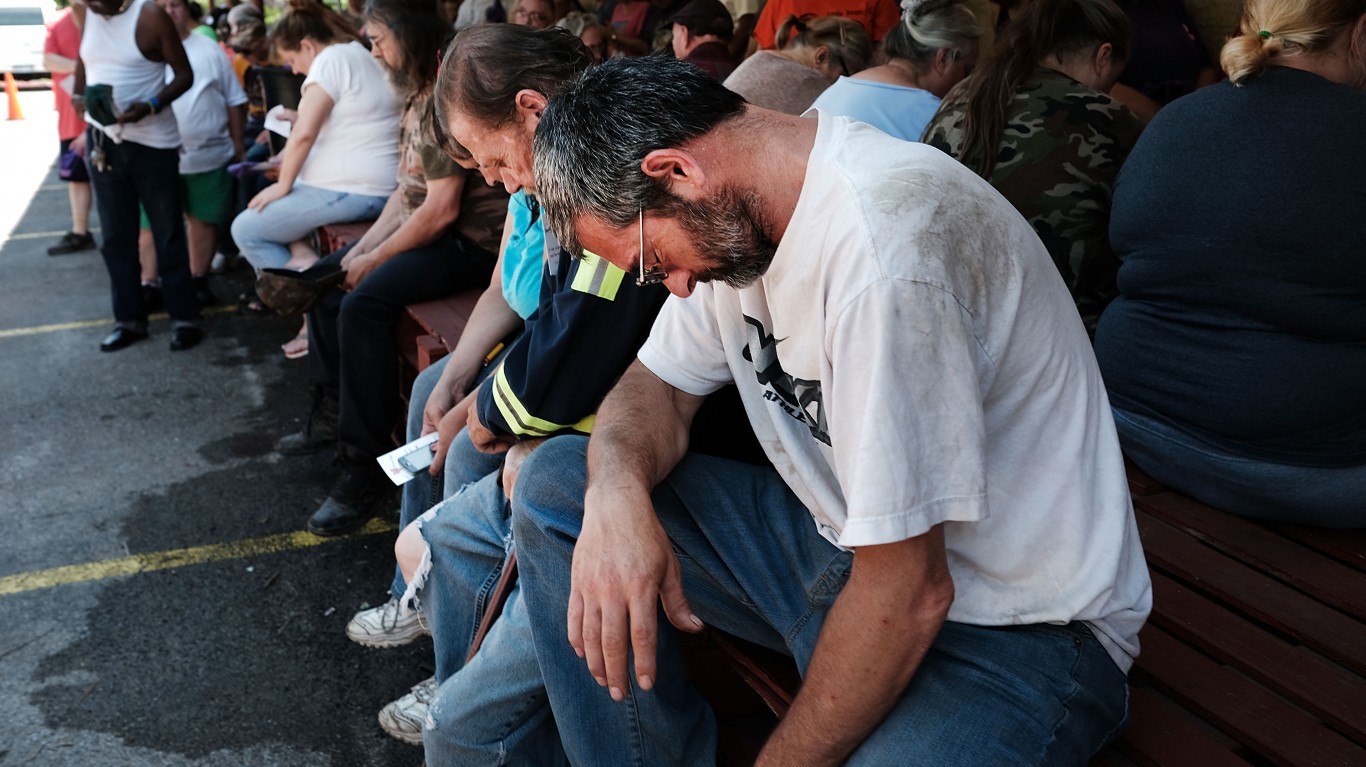
St. Louis Fed chief James Bullard believes rate increases by the central bank over the course of the year may cripple the economy. Federal Reserve chief Jerome Powell thinks otherwise, to some extent because of gross domestic product growth and high interest rates. Each may be charting the right course, depending on a small number of factors.
Bullard’s case, which is well beyond his own worry, is that the yield curve could invert. Beyond that, a trade war, low wage growth, exhausted consumers or high oil prices could kick the economy off track. Harder to forecast, the collapse of a relatively large economy like Turkey’s could have unforeseeable consequences. Such a collapse could certainly damage the balance sheets of big European Union banks.
Bullard may be right, on the other hand. Wage growth could pick up and, along with energy prices, inflation could break above 2%. Unemployment could stay below 4%, and it might even drop toward a nearly unprecedented 3.5%. Such low unemployment might be a cause for wage growth, although the so-called gig economy creates armies of low-paid workers who are without benefits. There is an argument, however, that many companies that continue to post record earnings could trigger higher wage prices. So could serial minimum wage increases across many states.
The holiday season, which is only four months away, will be telling. It is the period during which most retailers make their annual profit. It is also the largest signal of consumer confidence.
Bullard and Powell can debate as much as they like. It will not be long before the economy shows who is right.
The Average American Has No Idea How Much Money You Can Make Today (Sponsor)
The last few years made people forget how much banks and CD’s can pay. Meanwhile, interest rates have spiked and many can afford to pay you much more, but most are keeping yields low and hoping you won’t notice.
But there is good news. To win qualified customers, some accounts are paying almost 10x the national average! That’s an incredible way to keep your money safe and earn more at the same time. Our top pick for high yield savings accounts includes other benefits as well. You can earn up to 3.80% with a Checking & Savings Account today Sign up and get up to $300 with direct deposit. No account fees. FDIC Insured.
Click here to see how much more you could be earning on your savings today. It takes just a few minutes to open an account to make your money work for you.
Our top pick for high yield savings accounts includes other benefits as well. You can earn up to 4.00% with a Checking & Savings Account from Sofi. Sign up and get up to $300 with direct deposit. No account fees. FDIC Insured.
Thank you for reading! Have some feedback for us?
Contact the 24/7 Wall St. editorial team.




